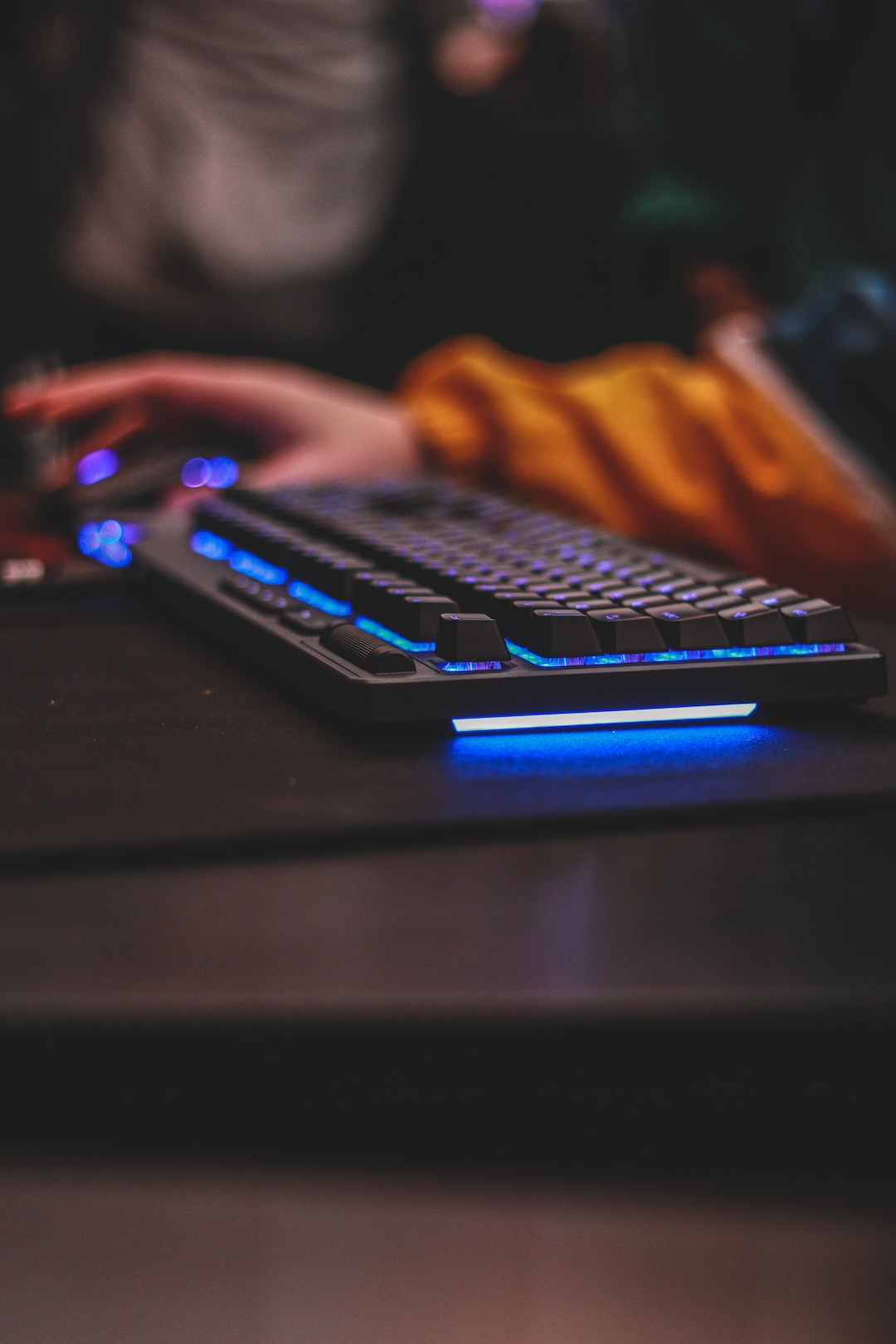The Intersection of Gaming and Artificial Intelligence
In recent years, the gaming industry has witnessed a significant transformation, thanks to the incorporation of artificial intelligence (AI) into games. From smarter opponents to realistic game simulations, AI has revolutionized gaming experiences in various ways. This blog post explores the fascinating intersection of gaming and AI, highlighting the impact and potential of this technology on the gaming industry.
One of the most notable applications of AI in gaming is the creation of intelligent opponents. Gone are the days when players had to face predictable and repetitive computer-controlled characters. Now, AI-powered adversaries can adapt to players’ actions, making each gaming session a unique and challenging experience. These opponents can learn from the player’s strategies and adjust their behavior accordingly, creating a more immersive and engaging gameplay.
Take, for example, the popular first-person shooter games such as Call of Duty and Battlefield. In these games, AI algorithms are used to develop advanced enemy AI that replicates human-like behaviors. Whether it’s taking cover, strategizing their attacks, or coordinating with other AI-controlled teammates, these intelligent opponents are capable of providing a more realistic and intense gaming experience.
Another area where AI has made significant strides in gaming is procedural content generation (PCG). PCG refers to the use of AI algorithms to automatically generate game content, such as levels, environments, and quests. This technology eliminates the need for developers to manually design every aspect of the game, thereby reducing development time and enabling the creation of vast and diverse game worlds.
PCG has been successfully implemented in games like No Man’s Sky, where an AI algorithm generates an entire procedurally generated universe with billions of unique planets, each with its own flora, fauna, and landscapes. This level of complexity and scale would be impossible without the power of AI, allowing players to explore an infinite universe filled with surprises and discoveries.
In addition to enhancing gameplay, AI has also played a pivotal role in improving game graphics and physics simulations. Through machine learning techniques, AI algorithms can analyze vast amounts of data and generate high-quality textures, realistic animations, and visually stunning effects. This has greatly improved the visual fidelity of games, creating more immersive and visually appealing experiences for players.
Physics simulations, too, have benefited from AI integration. AI algorithms can accurately predict and simulate realistic physics interactions, such as cloth dynamics, fluid simulations, and particle systems. This enables developers to create more lifelike and responsive game worlds, where objects and characters behave in a physically plausible manner.
Beyond gameplay enhancements, AI has also been used in player analytics and game testing. By analyzing player data, AI algorithms can identify patterns, preferences, and skill levels, allowing developers to tailor game experiences to individual players. This personalized approach not only enhances player satisfaction but also helps game studios make informed design decisions to create more enjoyable and engaging games.
Furthermore, AI can automate game testing processes, drastically reducing the time and resources required for quality assurance. By generating test cases and running automated tests, AI algorithms can quickly identify bugs and issues that may arise during gameplay. This speeds up the debugging process and ensures a smoother and more polished gaming experience when the game is released.
Looking ahead, the intersection of gaming and AI holds immense potential. With advancements in deep learning and neural networks, AI algorithms will continue to evolve, providing even more sophisticated gameplay experiences. We can expect to see AI-powered characters that exhibit advanced emotional intelligence, complex decision-making abilities, and dynamic personalities, further blurring the line between artificial and human intelligence.
Moreover, as AI becomes more accessible and easier to integrate into game development pipelines, we can anticipate a surge in indie game development. Small teams and solo developers will be able to leverage AI to create unique and innovative game experiences, leveling the playing field in the gaming industry.
In conclusion, the integration of AI into gaming has transformed the industry in numerous ways. From intelligent opponents to procedurally generated content, AI has revolutionized gameplay, graphics, and game testing. As AI technology continues to advance, we can expect even more sophisticated and immersive gaming experiences that will redefine the boundaries of human imagination. The synergy between gaming and AI is undoubtedly an exciting frontier, holding immense potential for the future of the gaming industry.

